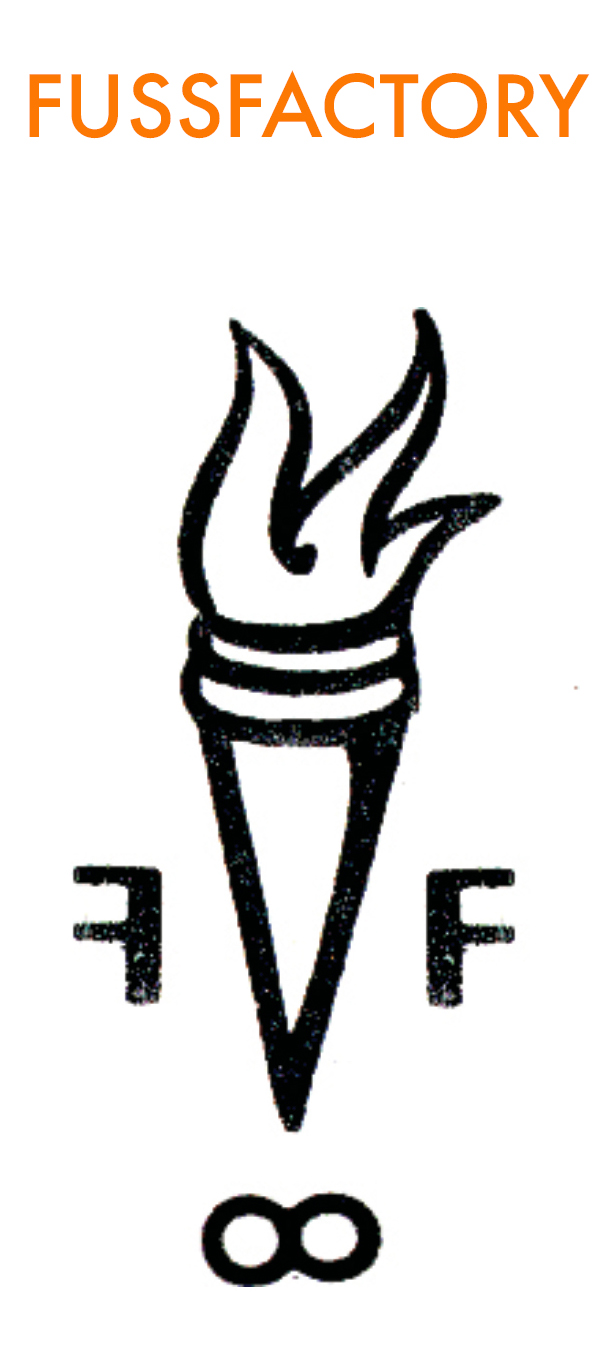#sparkchamber 091922 — Nancy Silverton
Going back-to-back with powerhouse women rocking Los-Angeles-area restaurants, this week, #sparkchamber highlights chef, baker, author, and restaurateur Nancy Silverton. The winner of the James Beard Foundation’s Outstanding Chef Award in 2014, Ms. Silverton is most well known for her role in popularizing artisan breads in the U.S. She [with then husband Chef Mark Peel] founded La Brea Bakery in 1989, five months before they opened Campanile restaurant. As pastry chef at Campanile, she could not find bread good enough for the restaurant, and spent a year crafting the perfect recipe, a bread with a caramelized, golden crust, soft inside, and a rustic appearance.
In 2007, Silverton partnered with New York Chef Mario Batali and restaurateur Joseph Bastianich to open the Italian restaurant Osteria Mozza. As with the evolution of the La Bakery and Campanile, they first opened Pizzeria Mozza in an adjoining space. [That crust, tho!] It was met with “instant and outsize swoon,” receiving a 4-star review from the Los Angeles Times, which called it a “serious and impressive restaurant.”
For more about the wondrous Nancy Silverton, have a look at this interview from supper.com from May of this year.
Now, in case you’re wondering why we are highlighting this particular stellar woman this week, today is National #ButterscotchPuddingDay. In this writer’s opinion, there is no finer dessert imaginable than Mozza’s butterscotch budino, accompanied by divine rosemary-pine-nut cookies. As described by Nancy Silverton, “A budino is really just a pudding. But this budino, with its deep buttery-caramel flavor and thick, velvety texture, is enough to make an Italian chef’s eyes light up. Imagine what it will do for your guests!” Here’s a link to the recipe. Enjoy!
1.] Where do ideas come from?
I always say that I can’t return to Los Angeles [from Italy] without one idea or new dish that I’m passionate about. Last summer it was the most perfect panzanella salad that I had in the tiny Umbrian town of Bevagna. It was very simple but everything about it was right, so that was the gift I brought back to my restaurant; in my own way, I recreated that.
2.] What is the itch you are scratching?
This is how I judge a great meal. When I’m eating it, I don’t want to be anywhere else. That’s how I want people to feel when they’re eating my pizza.
3.] Early bird or night owl? Tortoise or hare?
I recognized my calling at such an early stage. I still remember that day: I was following the recipe for something as simple as lentil loaf or steamed vegetables and melted cheese, a chef’s knife holding the pages of my cookbook open, and I thought, “This is what I want to do.” From then on, my path never changed.
It was 1976 when I phoned my parents to tell them I was dropping out of school and that I wanted to cook. I didn’t say I wanted to be a chef or a restaurant owner; I said I wanted to be a cook. For them to say that they understood — in an era when being a cook or a chef or a restaurant owner had absolutely no cachet — I feel incredibly lucky. My father said, “OK, as long as you enroll in Le Cordon Bleu.” I had no idea what that was. Which is sort of funny. But I went in 1977. And I was not a good student. I questioned the teachers all the time. Like, “Do you really have to use canned grapes on that tart?” Or, “What if I added less sugar?” They were always shaking their heads at me. Everything had to be so precise — there was no room for creativity or individuality. It’s not what I was good at. I was a C+ student at that school.
4.] How do you know when you are done?
I’m so stimulated by the people I work with at my restaurants, and often I’m lucky enough to play the role of the editor. When it comes down to realizing dishes, I get to step in and guide them. It’s such a satisfying relationship. It’s what keeps me so involved and interested. So I’m not going anywhere. And the best part is, I don’t see myself at the end of my career — I see myself as just starting.



